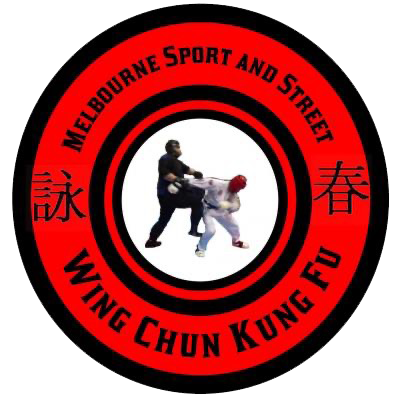How to Train the Mind and Body in Wing Chun Kung Fu: The Importance of Discipline and Focus
By Maurice Novoa a master under the Yuen Kay Shan, Ip Man and Pan Nam lineages.
Introduction
In the practice of Wing Chun Kung Fu, training extends beyond physical techniques. It encompasses the development of the mind and body, emphasizing discipline and focus. This article explores the significance of discipline and focus in Wing Chun training and how Confucianism influences the art’s philosophy.
The Mind-Body Connection
Discipline: Cultivating Commitment and Consistency
Discipline is a fundamental aspect of Wing Chun training. It involves cultivating commitment, consistency, and self-control in both practice and daily life. Through adherence to training schedules, rigorous practice, and a strong work ethic, practitioners develop discipline that extends beyond the training hall and permeates all aspects of their lives.
Focus: Sharpening Mental Acuity
Focus is essential in Wing Chun. It enables practitioners to maintain awareness, react swiftly, and execute techniques with precision. By sharpening mental acuity through focused practice, practitioners enhance their ability to read opponents, anticipate movements, and make split-second decisions during combat. Focus also cultivates a calm and clear mind, allowing practitioners to overcome distractions and adapt effectively.
The Influence of Confucianism in Wing Chun
Ethics and Morality in Martial Arts
Confucianism, a philosophical tradition in China, has a profound influence on Wing Chun. Confucian principles of ethical conduct, such as loyalty, righteousness, and respect, are incorporated into the fabric of the art. Wing Chun practitioners strive to uphold these values, not only in their training but also in their interactions with others, fostering a sense of honor and integrity.
Respect for Ancestors and Lineage
Confucianism places great importance on respect for ancestors and lineage. In Wing Chun, practitioners honor their Sifu (teacher) and the lineage from which their knowledge and skills originate. This respect for the past strengthens the connection to the art’s heritage, preserving its traditions and maintaining a sense of continuity.
Cultivating Virtues: Loyalty, Filial Piety, and Righteousness
Confucianism emphasizes virtues such as loyalty, filial piety, and righteousness. These values find expression in Wing Chun training, as practitioners develop loyalty to their Sifu, fellow students, and the art itself. They also cultivate a sense of filial piety by showing gratitude and respect for their martial arts lineage. Righteousness guides practitioners to use their skills responsibly and with moral integrity.
Training Techniques for Mind and Body
Meditation: Cultivating Inner Calm and Mental Clarity
Meditation plays a crucial role in Wing Chun training, helping practitioners cultivate inner calm, mental clarity, and self-awareness. Through various meditation techniques, such as sitting meditation (Zhan Zhuang) and mindfulness practice, practitioners develop focus, concentration, and the ability to remain centered even in challenging situations.
Physical Conditioning: Strengthening the Body
Physical conditioning is an integral part of Wing Chun training. It involves exercises and drills that enhance strength, endurance, flexibility, and coordination. By conditioning the body, practitioners build a solid foundation for executing techniques with power and efficiency.
Forms Training: Developing Technique and Fluidity
Forms training, known as “taolu,” is a vital component of Wing Chun. It involves practicing a series of predetermined movements, allowing practitioners to refine technique, develop muscle memory, and cultivate fluidity in their movements. Forms training encompasses both physical and mental aspects, promoting the integration of mind and body.
Conclusion
Discipline and focus are key elements in training the mind and body in Wing Chun Kung Fu. By cultivating discipline, practitioners develop commitment and consistency, extending beyond the training hall. Focus sharpens mental acuity and enables practitioners to adapt swiftly in combat. Moreover, the influence of Confucianism in Wing Chun emphasizes ethics, respect, and cultivating virtues. Through meditation, physical conditioning, and forms training, practitioners achieve a harmonious integration of mind and body, enhancing their martial arts journey.

